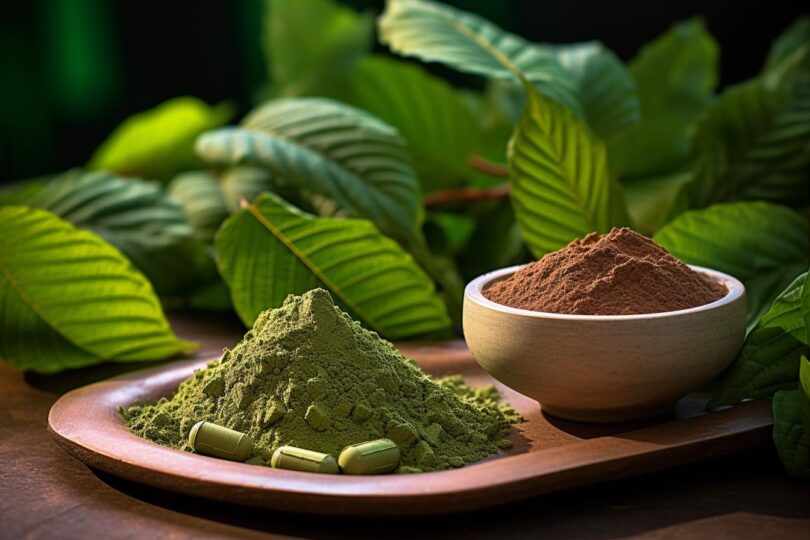Table of Contents
Kratom, a herbal supplement derived from the leaves of the Mitragyna speciosa tree, native to Southeast Asia, has garnered significant attention for its potential effects on mood, energy levels, and pain relief. As with any supplement, the method and timing of consumption can significantly influence its efficacy and side effects. One common concern is whether to take kratom on an empty stomach. This article explores the pros and cons of this practice, offering insights for those looking to maximize kratom benefits while minimizing potential drawbacks.
Understanding Kratom and Its Effects
Before delving into kratom consumption details, it’s essential to understand what kratom is and how it works. Kratom contains multiple active alkaloids, primarily mitragynine and 7-hydroxymitragynine, which interact with opioid receptors in the brain. This interaction can produce both stimulant and sedative effects, depending on the dosage and strain.
Pros of Kratom on an Empty Stomach
- Enhanced absorption and potency
- When taken on an empty stomach, kratom is absorbed faster and more efficiently. This can lead to a more pronounced and immediate effect, which is particularly beneficial for those seeking quick relief from pain or a boost in energy.
- Consistency in effects
- Consuming kratom without food can produce more consistent effects. Food, especially fatty meals, can interfere with the absorption of kratom’s active compounds, leading to variability in intensity and duration.
- Economic efficiency
- Since the effects are more potent on an empty stomach, users may find that they need a smaller dose to achieve the desired outcome. This makes kratom consumption more cost-effective.
Cons of Taking Kratom on an Empty Stomach
- Increased Side Effect Risk
- Taking kratom on an empty stomach can cause side effects such as nausea, dizziness, and stomach discomfort. For some individuals, these effects can be quite pronounced and unpleasant.
- Shorter Effect Duration
- While the effects might be more intense, they may also be shorter-lived. This could lead to more frequent dosing, which might not be ideal for long-term symptom management.
- Potential for Tolerance
- Enhanced effects experienced on an empty stomach might lead to increased tolerance. This could result in the need for higher doses to achieve the same effects, potentially leading to dependence.
Balancing the pros and cons
Given these pros and cons, it’s clear that the decision to take kratom on an empty stomach should be personal, based on individual needs and reactions. Here are some considerations to help you make an informed choice:
- Start with Small Doses: If you’re introducing yourself to kratom, start with a small dose to gauge your body’s reaction, regardless of whether you take it on an empty or full stomach.
- Monitor Your Body’s Response: Pay attention to how your body reacts. If you experience adverse effects, adjust your consumption method accordingly.
- Consult with a healthcare professional: As with any supplement, it’s advisable to consult with a healthcare professional, especially if you have underlying health conditions or are taking other medications.
Conclusion
In conclusion, taking kratom on an empty stomach can offer enhanced effects and consistency but comes with a higher risk of side effects and shorter-lasting benefits. Balancing these factors is key to a safe and effective Kratom experience. Remember, everyone’s response to kratom can vary, so personal experimentation and professional advice are crucial in determining the most appropriate approach for you.
If you have a news tip, correction or comment, let us know at: [email protected]







